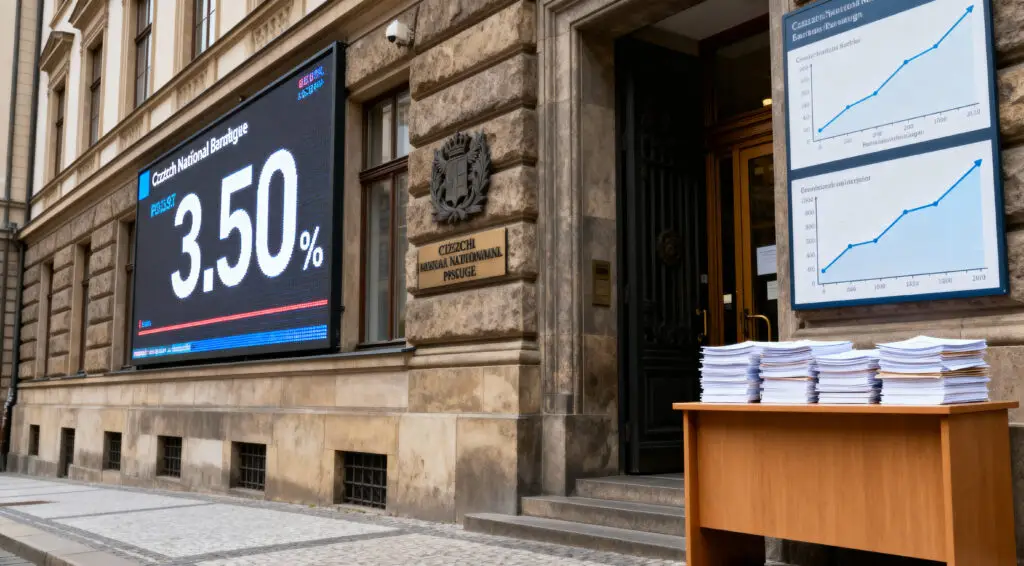Ride-sharing giant Uber is once again signaling a potential foray into cryptocurrency payments, specifically stablecoins, rekindling a conversation that has surfaced twice before. At the Bloomberg Tech Summit in San Francisco last week, Uber CEO Dara Khosrowshahi revealed the company is in the “study phase” of accepting stablecoins for transactions. This renewed interest arrives amidst a broader wave of attention on the crypto industry, particularly under the current US administration. The lingering question remains: will Uber finally commit to integrating digital currencies this time, or will it be another false start?
A Renewed Stablecoin Focus
Uber CEO Dara Khosrowshahi’s recent comments at the Bloomberg Tech Summit mark the third instance the company has publicly expressed interest in leveraging cryptocurrencies for payments. However, this latest exploration carries a distinct focus: stablecoins. Khosrowshahi specifically highlighted stablecoins as “one of the more interesting instantiations of crypto that has a practical benefit other than crypto as a store of value.” This suggests a strategic shift from general cryptocurrency acceptance to a more targeted approach, recognizing the potential of stable assets for practical applications within Uber’s global operations.
Stablecoins: A Solution for Global Costs?
Khosrowshahi articulated a clear vision for how stablecoins could benefit Uber, particularly in the realm of international money movement. He emphasized their potential to “reduce costs in terms of moving money internationally,” calling it “super interesting.” For a company with a vast global footprint like Uber, which processes payments to drivers and partners across numerous countries, the prospect of lower transaction fees and faster settlements offered by stablecoins is a compelling driver. This practical application, rather than speculative investment, appears to be the core motivation behind Uber’s renewed interest.
Third Time’s The Charm for Crypto?
This is not Uber’s first dance with cryptocurrency. Back in 2021, Khosrowshahi stated a willingness to accept Bitcoin and other cryptocurrencies if a clear benefit emerged, though he dismissed adding these assets to the company’s balance sheet. He reiterated this stance in 2022, confirming that Uber would “absolutely” accept cryptocurrencies “at some point,” but cited high transaction costs and environmental concerns as significant barriers. The company’s previous expressions of interest, while hinting at future possibilities, ultimately did not materialize into concrete action, setting a precedent that this time might also be a lengthy “study phase.”
Addressing Past Hurdles: Cost and Carbon
Crucially, the landscape has evolved in ways that directly address Khosrowshahi’s past reservations. Cryptocurrency transaction costs have significantly decreased as various blockchain networks, including Ethereum, Solana, and Tron, prioritize scalability. These improvements make stablecoin transactions much more economically viable for high-volume platforms like Uber. Concurrently, environmental concerns are being mitigated by the shift of Bitcoin miners towards renewable energy sources and Ethereum’s monumental transition to a more energy-efficient Proof-of-Stake consensus mechanism. These advancements could clear the path for Uber’s adoption, assuaging previous ethical and financial worries.
Regulatory Tailwinds on the Horizon
Beyond technological improvements, the regulatory environment for stablecoins is also showing signs of maturity, potentially providing the clarity Uber needs. The US Senate is reportedly in the latter stages of debating a stablecoin bill, which, if passed, could establish much-needed legal frameworks and reduce regulatory uncertainty. This legislative progress could de-risk stablecoin adoption for large corporations, offering a clearer operational pathway. Such regulatory clarity is a key factor for global companies like Uber, which must navigate a complex web of international laws.
Uber Joins a Growing Tech Chorus
Uber’s renewed interest is not an isolated incident; it reflects a broader trend among major technology companies exploring stablecoin integration. Recent reports indicate that tech giants such as Apple, X (formerly Twitter), Airbnb, and Google are also engaging in discussions with cryptocurrency firms regarding stablecoin adoption. This collective movement suggests a growing recognition within Silicon Valley of stablecoins’ potential to revolutionize payment systems. As more industry heavyweights explore this avenue, it creates a powerful network effect that could accelerate mainstream adoption and bolster the infrastructure required for such large-scale integrations.
The Future of Payments: Beyond Traditional Rails
The driving force behind this increasing corporate interest in stablecoins lies in their promise to significantly enhance cross-border transactions and reduce associated costs. Traditional international payments often involve multiple intermediaries, leading to higher fees and slower settlement times. Stablecoins, by leveraging blockchain technology, can bypass many of these inefficiencies, offering near-instantaneous and significantly cheaper transfers. For a global enterprise like Uber, this could translate into substantial operational savings and improved financial fluidity for its extensive network of drivers and service providers worldwide, making the prospect of stablecoin integration more attractive than ever before.
Will It Follow Through This Time?
Given the confluence of decreasing transaction costs, improving environmental footprints, looming regulatory clarity, and a growing trend among tech peers, there are compelling reasons to believe that Uber’s current exploration of stablecoins might genuinely lead to implementation. Unlike previous instances where constraints overshadowed potential benefits, the current environment appears far more conducive to practical stablecoin integration. The coming months will reveal whether this “study phase” will finally translate into a tangible shift in how Uber handles its vast global payment flows, potentially setting a precedent for other multinational corporations to follow suit.























